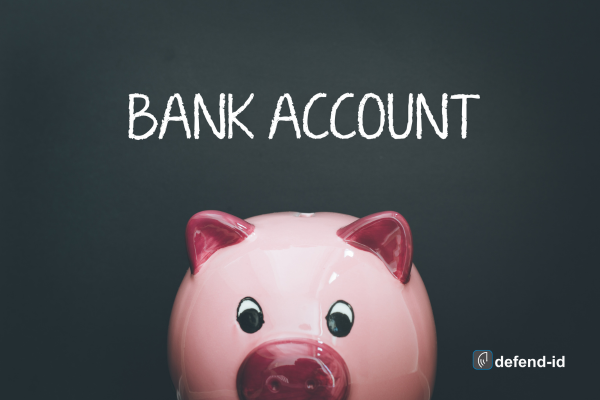Identity theft is a bit scary—Compromised Bank Account Identity Theft is really disturbing. Think of how violating that crime is when it comes to invading your bank account. Time is of the essence to secure your money and, of course, any further risk to your identity. This guide is going to walk you through everything you need to know to do so.
Ways to Recognize If a Thief Has Your Bank Account Account:
Signs of your bank account being hacked, you can easily detect. Quickly act on what you detect, the earlier the better.
- Unexplained Transactions: Always review your bank statement for any transaction not made by you. That’s a clear indication of possible unauthorized access.
- Changes in Account Information: Any changes that are made to your personal information on the bank’s records not made by you should raise concern.
- Locked Out of Account: If you are suddenly locked out of your online banking account, it might be because someone else has gained access.
- Unfamiliar Charges on Credit Reports: Regularly review your credit reports for unfamiliar inquiries or accounts.
- Missing Mail: Missing bank statements could suggest that an identity thief has changed your address.
- Alerts from Your Bank: Pay attention to any alerts from your bank regarding suspicious activities.
- Declined Transactions: If your card is unexpectedly declined, it could be an indicator of fraudulent activity or that the bank has locked your account.
Immediate Steps to Take After Discovering Fraud
Contact your bank
- Contact Your Bank Immediately: As soon as you notice any suspicious activity, contact your bank’s fraud department. This is critical to prevent further unauthorized transactions.
- Secure Online Accounts: Change the passwords and PINs for all affected accounts, including your online banking access. Choose strong, unique passwords for each account to enhance security.
Engage with Credit Bureaus
- Place Fraud Alerts: Contact one of the three major credit bureaus—Equifax, Experian, or TransUnion to place a fraud alert on your credit reports, making it more difficult for identity thieves to open new accounts in your name.
- Consider a Credit Freeze: A credit freeze prevents new creditors from accessing your credit report, which stops new account openings. Visit AnnualCreditReport.com to learn how to apply for a freeze.
Report the Incident
- Federal Trade Commission (FTC): File a report with the FTC at IdentityTheft.gov. This site also provides a personalized recovery plan.
- Local Law Enforcement: Report to local police if significant financial loss is involved or if you possess information about the identity thief.
Prevention: Safeguarding Your Information
- Educate Yourself and Family: Stay informed about common tactics employed by identity thieves and educate your family on protecting personal information. Navigating the Digital Labyrinth: Safeguarding Your Identity in a Technology-Driven World
- Secure Personal Documents: Keep sensitive documents in a secure location and dispose of them properly when no longer needed.
While the immediate aftermath of discovering your bank account has been compromised is stressful, taking structured, informed steps can greatly mitigate the damage. By following the outlined procedures, you can not only address the current fraud but also enhance your defenses against future threats. For more detailed steps and assistance, visiting websites such as the FTC’s IdentityTheft.gov can provide tailored recovery plans based on your specific situation.
Articles related to Compromised Bank Account Identity Theft:
- Common Ways Identity Theft Occurs and Tips
- 🛡️ Decode the Myths: Unmasking Identity Theft Misconceptions 🎭
- defend-id
